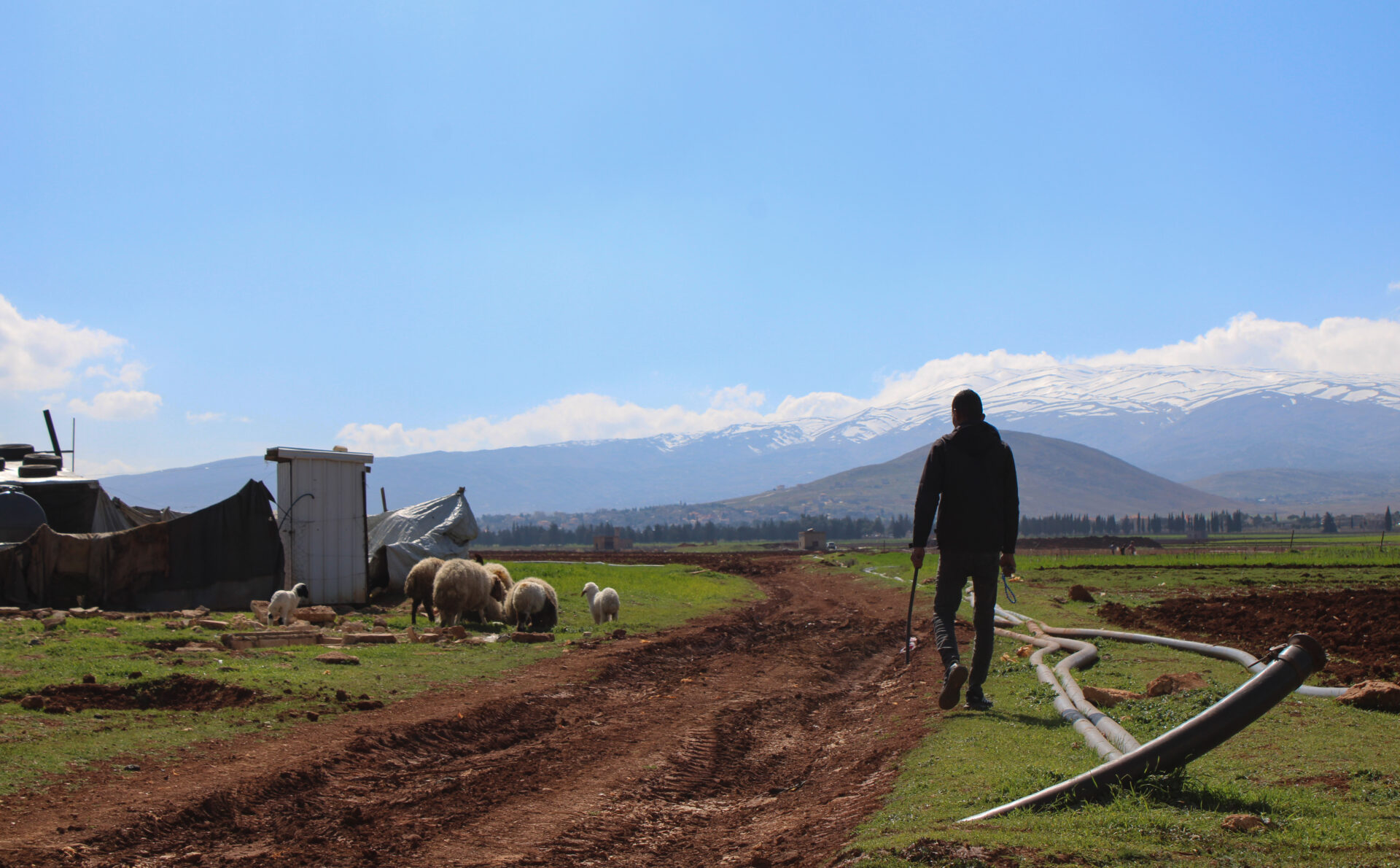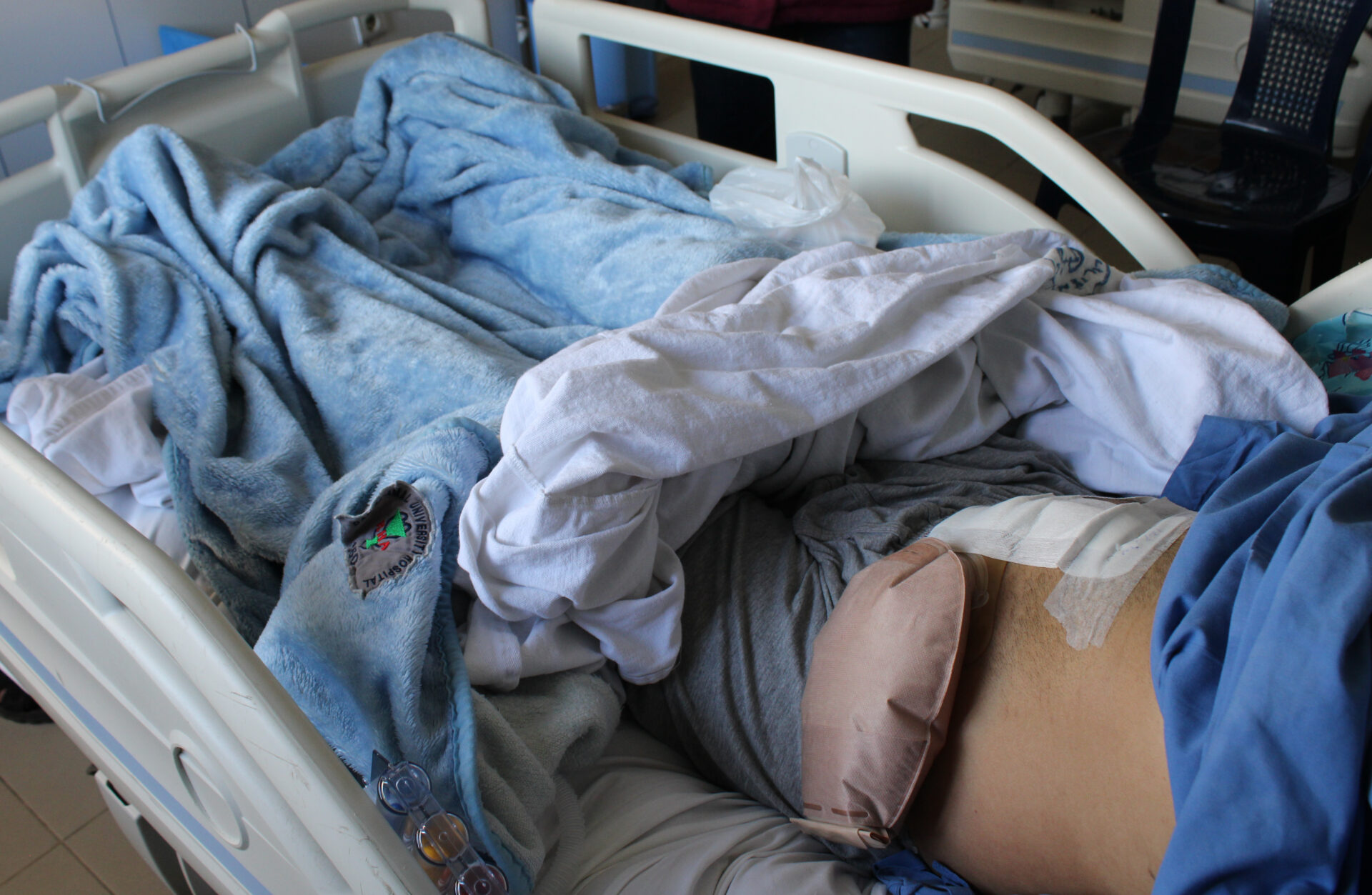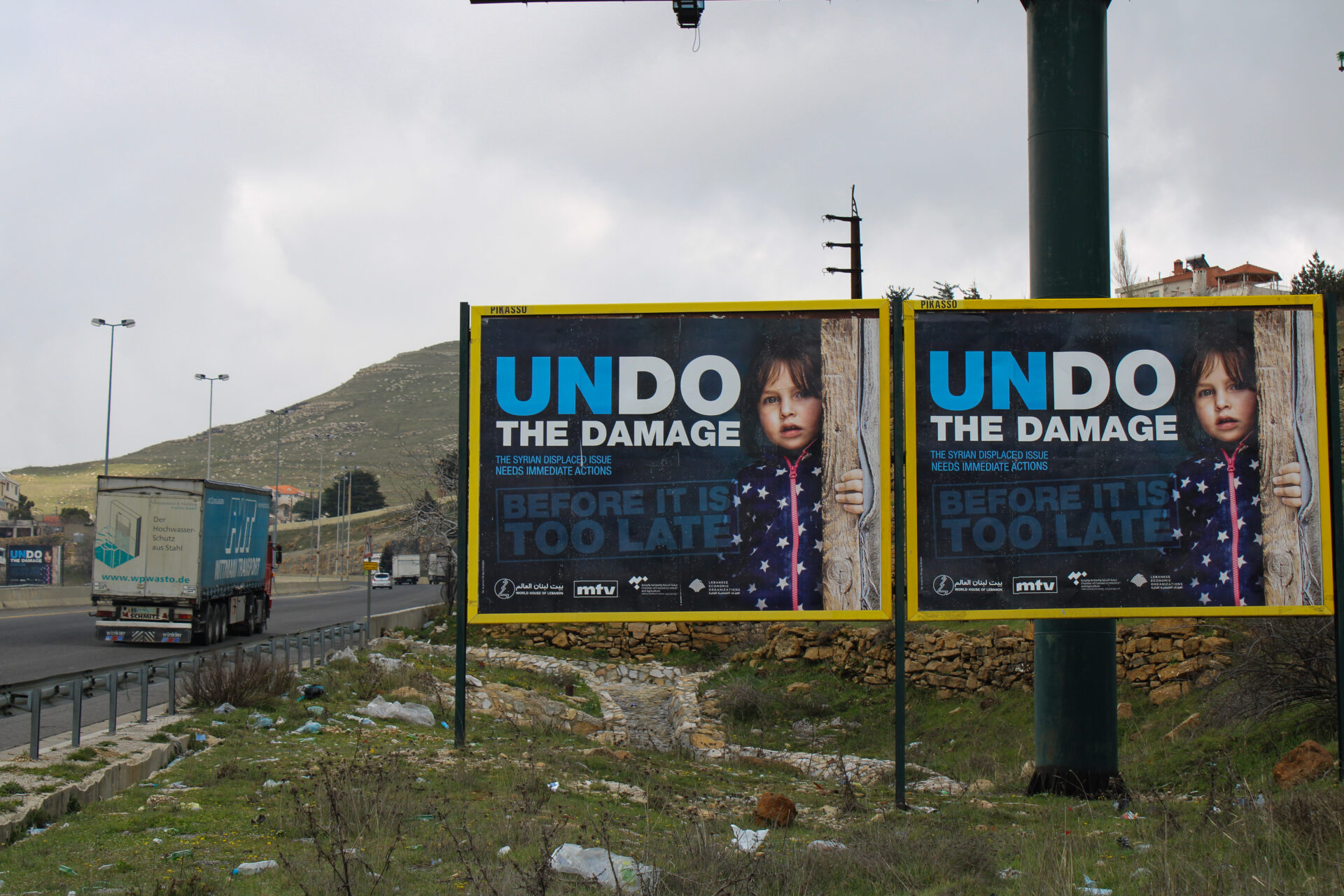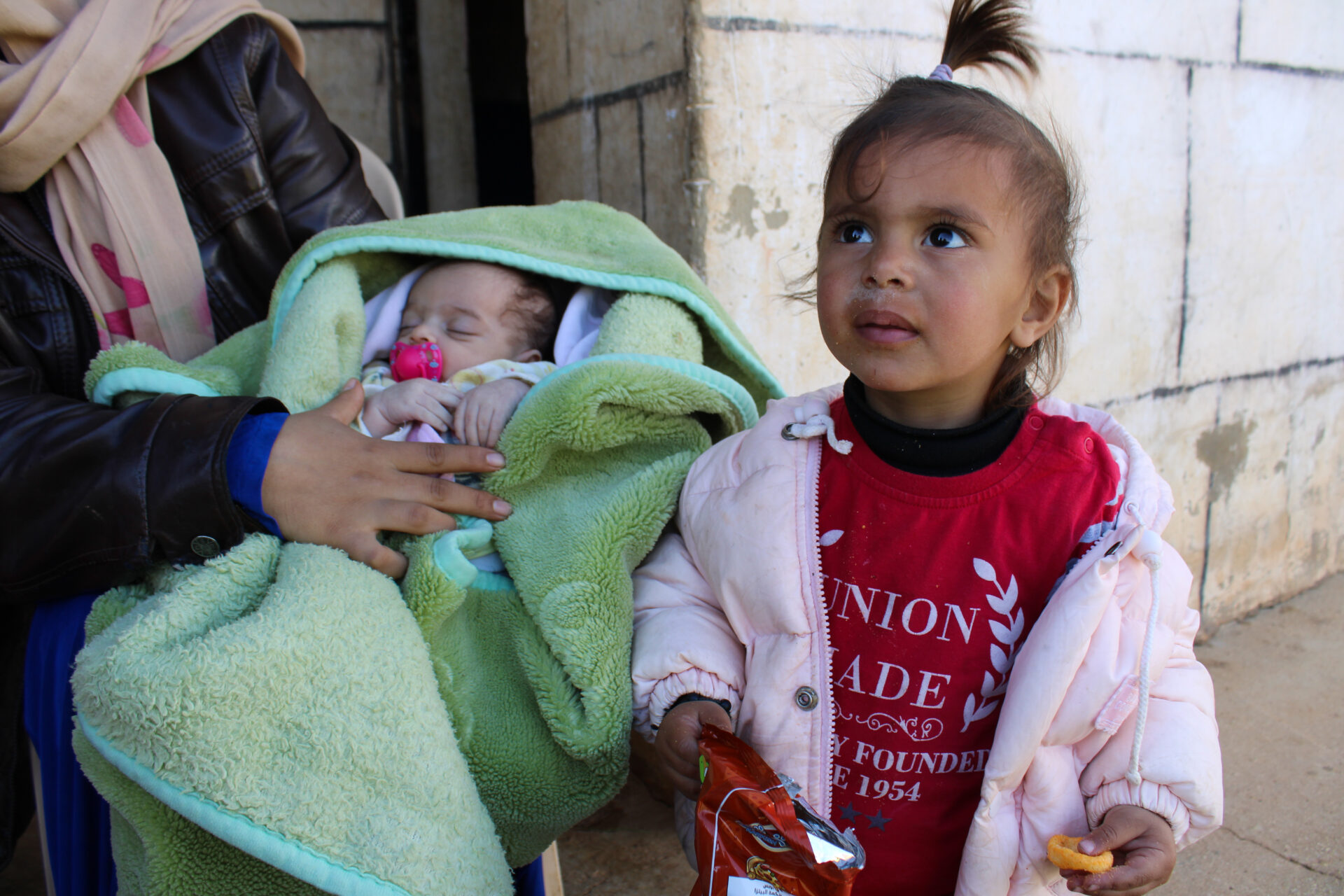Bashir*, a 28-year-old refugee, fled Syria to escape the civil war. In neighboring Lebanon, he tended to fields working as a farmhand. But after a recent altercation with his Lebanese boss, he found himself on the receiving end of bloodshed.
On March 1, Bashir saw an argument erupting in a distant field between two of his cousins and their boss. So, he hopped on his motorcycle and sped over to see what was the matter, he recounted.
When Bashir arrived at the scene of the dispute, he learned that his Lebanese boss had begun to push and hit his cousin, following his cousin’s refusal to pick up rocks in the field. Bashir suggested to his cousins that they leave their work for the day because of how their boss was treating them. But the boss responded by threatening to shoot them if they walked away.
When Bashir and his cousins still tried to leave, the boss ordered his son — who was also helping manage the farmhands that day — to shoot the three men. The boss’s son shot three times towards the ground, then aimed the fourth at Bashir. The bullet pierced straight through his abdomen.
“He wasn’t just trying to scare me,” Bashir said two weeks later, sitting in a hospital bed in Baalbek. “He was aiming to kill me.”
Bashir and his family fled the Hama countryside, in Syria, at the start of the Syrian revolution in 2011. They have since worked as farmhands on a Lebanese family’s land.
Violence Increasing
Around 1.5 million Syrian refugees and some 11,645 refugees of other nationalities currently reside in Lebanon. Smaller than the US state of Connecticut, the country hosts the largest number of refugees per capita and per square kilometer in the world.
Lebanon is also in the midst of one of its worst socio-economic crises. Although refugees like Bashir and his family endure many of the same hardships as others, including rising poverty and the decline of basic services, Lebanese politicians have meanwhile blamed them for the country’s economic woes.
He was aiming to kill me.
– Bashir*
According to the Access Center for Human Rights (ACHR), a human rights organization based in Beirut and Paris, these campaigns have intensified since April 2023 and have caused public tensions to escalate, ratcheting up violence against Syrian refugees.
The bullet broke Bashir’s pelvis, and he has severe internal damage to his organs. Even if he is able to walk normally again, his injuries will put him out of work for three to six months. Without steady work, he won’t earn any money, he said, noting he was earning about $10 a day. Worse still, like most Syrians in Lebanon, Bashir doesn’t have insurance, so the hospital fees will cost him around $6,500.























